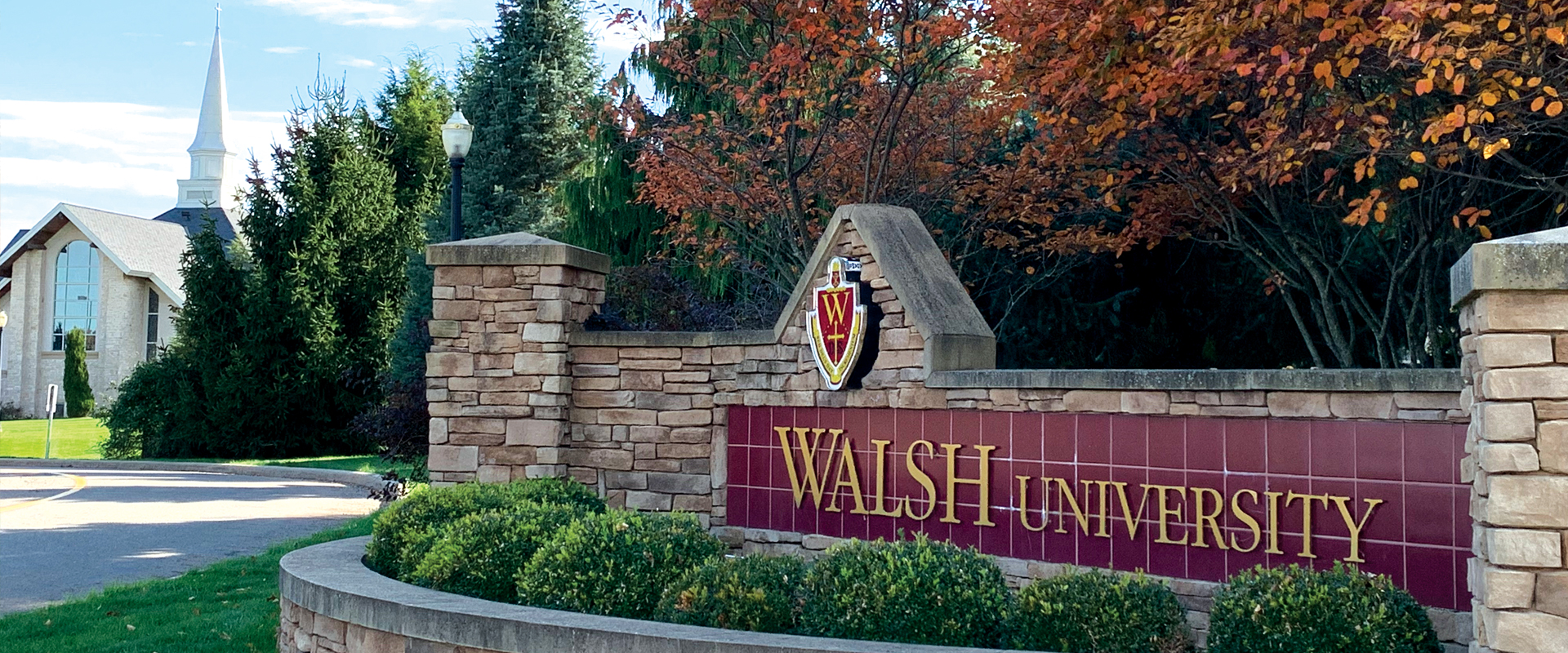A gap year is a year off between high school and college where students immerse themselves in experiential learning. More commonplace in Europe than in the United States, it’s often a luxury of the of students wishing to travel abroad or pursue passion projects before hunkering down for college. However, in the wake of COVID-19, an increasing number of high school students are considering a gap year or deferred admission while they wait to see how the fall semester will unfold.
In the best of times, there is a possibility that students who delay the start of college may not return to school. As life goes on, it’s easy to lose the momentum and get caught up with work, family or other interests. Amid a pandemic, when there is more pressure to work to make ends meet and families are isolated together, the risk is even greater. Furthermore, while most gap years tend to be a time for travel abroad, COVID-19 will likely hamper any immediate plans for such excursions.
The silver lining for incoming college students is that continuing as planned for Fall 2020 may prove to have a few financial benefits. For example, Walsh University is offering free housing to incoming first-year and transfer students for their first eight weeks on campus. Returning students can take advantage of a tuition freeze for up to two years. Meanwhile, the University will work with all students to re-evaluate financial aid packages. In that regard, completing your college degree on schedule may save money overall.
Fortunately, Walsh students don’t need to choose between earning college credit or taking a gap year in pursuit of experiential learning. Walsh offers a rich assortment of experiential learning opportunities, many of which are embedded within the curriculum. This allows students a myriad of ways to engage in internships, practicum experiences, fieldwork, research, service learning and (when it is safe to do so) global trips.
To learn more, contact your admissions counselor.

